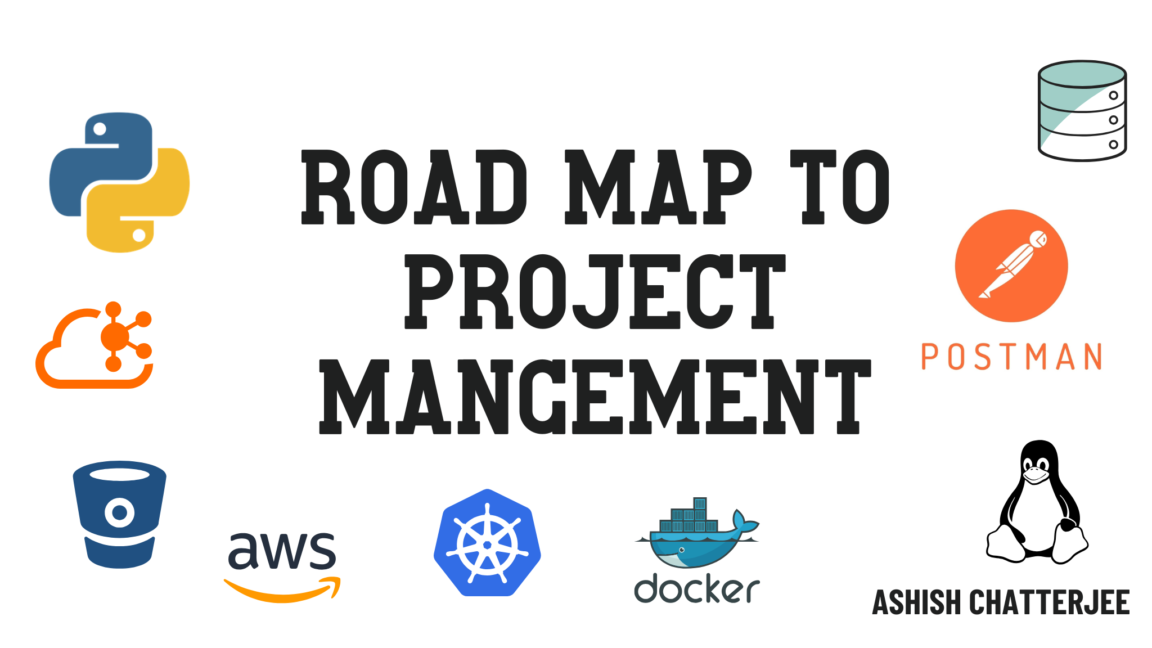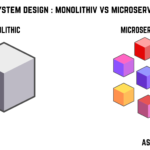A Software Project Manager (SPM) is responsible for planning, executing, and overseeing software projects while ensuring timely delivery, collaboration, and efficiency. Below is a structured roadmap to help you transition into this role with expertise in CI/CD pipelines, SCRUM, JIRA, GitHub/BitBucket, ticketing tools, and communication platforms like Microsoft Teams or Slack.
Phase 1: Build a Strong Technical Foundation
To manage software projects efficiently, you must have a basic understanding of software development and the tools developers use.

1. Learn Software Development Basics
- Programming knowledge is beneficial but not mandatory. You should understand how software is built and deployed.
- Recommended topics:
- Basic programming: Python, Java, or JavaScript.
- Version Control: Learn Git, GitHub, or Bitbucket.
- Databases: SQL (MySQL, PostgreSQL) and NoSQL (MongoDB).
📌 Resources:
- Harvard CS50: CS50 Introduction to Computer Science
- GitHub Docs: GitHub Learning Lab
2. Gain Hands-on Experience with IDEs (Integrated Development Environments)
Software development teams use IDEs for coding. As a manager, you don’t need to code daily but should be familiar with them to understand workflows.
🔹 Popular IDEs:
- IntelliJ IDEA (for Java-based projects)
- Visual Studio Code (VS Code) (for various programming languages)
📌 Action Items:
- Install VS Code and IntelliJ
- Explore basic functionalities (debugging, plugins, Git integration)
Phase 2: Master Software Project Management Practices
3. Learn Agile & SCRUM Methodology
Most software projects follow Agile methodologies, particularly SCRUM, to manage workflows and team collaboration.
🔹 Key Concepts to Learn:
- Agile Manifesto & Principles
- SCRUM Roles (Product Owner, SCRUM Master, Developers)
- Sprint Planning, Daily Standups, Retrospectives
📌 Resources:
- Scrum Guide: scrumguides.org
- Certified Scrum Master (CSM) Course (Optional but valuable)
📌 Action Items:
- Join an Agile project as a SCRUM master or team member.
- Run a mock sprint with a small team using JIRA or Trello.
4. Get Comfortable with Project Management Tools
Software teams use tools to track tasks, manage issues, and collaborate.
🔹 Key Tools to Learn:
✅ JIRA or Trello (for issue tracking and Agile sprints)
✅ Confluence (for documentation)
✅ Ticketing Tools (ServiceNow, Zendesk)
📌 Action Items:
- Create a JIRA Project, add tasks, set priorities, and track progress.
- Learn how to use Kanban boards & Sprint Backlogs.
📌 Resources:
- Atlassian JIRA Tutorials: Atlassian Agile Coach
- Udemy Course: JIRA for Beginners
Phase 3: Master DevOps & CI/CD Pipeline
5. Learn CI/CD Pipeline & DevOps Basics
Modern software projects use CI/CD (Continuous Integration & Continuous Deployment) to automate testing and deployments.
🔹 Key Concepts to Learn:
- What is CI/CD?
- Jenkins, GitHub Actions, GitLab CI/CD, or Azure DevOps
- Docker & Kubernetes (For containerized applications)
📌 Resources:
- CI/CD Guide: DevOps CI/CD Pipeline Explained
- Jenkins Tutorial: Jenkins Getting Started
📌 Action Items:
- Set up a basic CI/CD pipeline using GitHub Actions or Jenkins.
- Deploy a small app using Docker.
Phase 4: Master Communication & Collaboration Tools
6. Learn Communication & Collaboration Platforms
As a project manager, you will coordinate with teams using communication tools.
🔹 Key Tools to Learn:
✅ Microsoft Teams (For meetings, collaboration, and file sharing)
✅ Slack (For real-time messaging and integration with project tools)
📌 Action Items:
- Set up a Slack workspace and integrate it with JIRA/GitHub.
- Schedule a meeting on Microsoft Teams and share documents via OneDrive.
📌 Resources:
Phase 5: Develop Leadership & Soft Skills
7. Learn People & Stakeholder Management
Beyond technical skills, an SPM must lead teams, handle conflicts, and manage stakeholders.
🔹 Key Soft Skills to Develop:
- Effective Communication
- Decision Making
- Risk Management
- Time Management
📌 Resources:
- Book: The Phoenix Project (Great book on DevOps & Project Management)
- Book: The Manager’s Path (Guide to becoming a successful tech manager)
📌 Action Items:
- Join a Toastmasters club to improve public speaking.
- Mentor a junior developer or manage a small project.
Phase 6: Get Certified (Optional but Recommended)
Certifications can boost your resume and validate your skills.
🔹 Recommended Certifications:
- Certified Scrum Master (CSM) (For Agile Project Management)
- PMP (Project Management Professional) (For general project management)
- AWS Certified DevOps Engineer (For cloud-based CI/CD knowledge)
📌 Resources:
- Scrum Certification: ScrumAlliance
- PMP: PMI.org
Final Step: Gain Real-World Experience
After mastering the concepts and tools, apply for roles such as:
✔ Junior Project Manager
✔ SCRUM Master
✔ CI/CD Engineer (for DevOps exposure)
🔹 Where to Find Jobs?
- Indeed
- Glassdoor
Conclusion
🚀 By following this roadmap, you will develop both technical and management skills needed to become a Software Project Manager. The journey requires continuous learning, hands-on experience, and adaptability to new technologies.
🔹 Key Takeaways:
✔ Learn Agile & Scrum methodologies.
✔ Master JIRA, GitHub/BitBucket, and CI/CD Pipelines.
✔ Get comfortable with communication & ticketing tools.
✔ Develop leadership & stakeholder management skills.
✔ Gain hands-on experience and certifications for credibility.
Would you like a learning schedule for these steps? 😊






GIPHY App Key not set. Please check settings